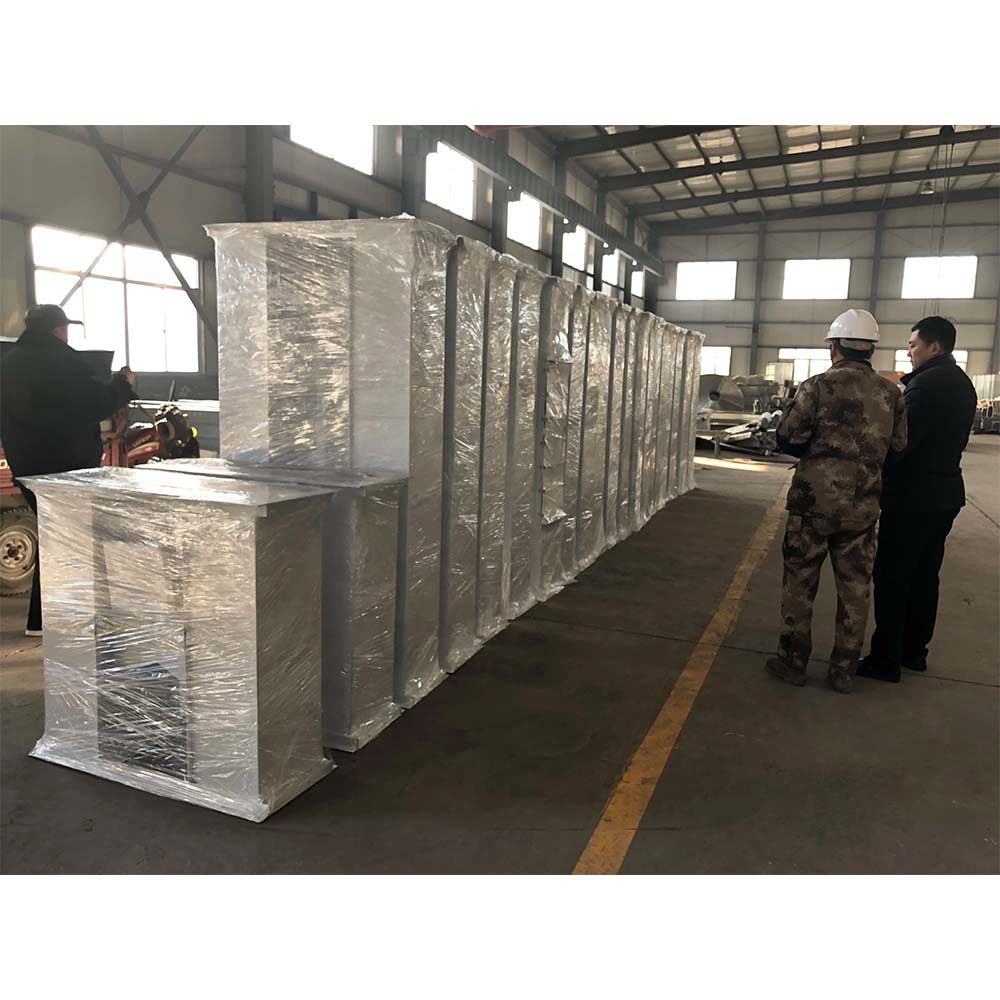cow feed mixer
Nov . 05, 2024 09:25 Back to list
cow feed mixer
The Importance of Cow Feed Mixers in Modern Dairy Farming
In the world of modern dairy farming, maintaining the health and productivity of cattle is paramount. One of the key components to achieving this is the efficient preparation and distribution of cow feed. This is where cow feed mixers come into play. These machines are critical in ensuring that livestock receive a balanced diet, which is essential for their growth, milk production, and overall well-being.
What is a Cow Feed Mixer?
A cow feed mixer is a specialized agricultural machine designed to blend various feed components into a homogeneous mixture. The primary purpose of these mixers is to ensure that all nutrients are evenly distributed, providing cattle with a consistent and balanced diet. This is particularly crucial for dairy cows, as their nutritional needs can vary significantly based on their age, lactation stage, and overall health.
Types of Cow Feed Mixers
Cow feed mixers come in several designs, each suited for different farm sizes and needs. The most common types include vertical mixers, horizontal mixers, and paddle mixers.
1. Vertical Mixers These mixers are characterized by their tall, upright design. They are excellent at handling larger volumes of feed and ensure thorough mixing due to the vertical mixing action. They are ideal for farms that require large-scale feed production.
2. Horizontal Mixers As the name implies, horizontal mixers operate with a low profile and wide mixing chamber. They are often more versatile, allowing for easy loading and unloading of feed. These mixers tend to be faster in blending and are suitable for farms with moderate to large herds.
3. Paddle Mixers Paddle mixers use paddle-shaped blades to mix the feed. They are typically used for smaller operations where precise dietary adjustments are necessary, making it easier to customize the feed according to specific dietary requirements.
cow feed mixer

Benefits of Using Cow Feed Mixers
1. Consistency and Uniformity One of the primary benefits of using cow feed mixers is the consistency they provide. A uniform feed mix ensures that each cow receives the same amount of nutrients, promoting better health and productivity. This is crucial for maximizing milk yield and improving the overall quality of dairy products.
2. Time Efficiency Mixing feed manually can be time-consuming and labor-intensive. Feed mixers automate this process, allowing farmers to save time and allocate their resources to other critical areas of the farm. This automation leads to increased efficiency and productivity.
3. Reduction of Feed Waste Properly mixed feed reduces the chances of feed segregation. When feed is inadequately mixed, some components may settle at the bottom or float to the top, leading to some cows receiving more nutrients than others. A good mixer minimizes this waste, ensuring that every cow gets an equitable share of feed.
4. Cost-Effective By optimizing the feed mixture, farmers can improve the overall conversion rate of feed into milk or weight gain in cattle. This efficiency translates into lower feed costs per unit of production, making the operation more profitable in the long run.
5. Customizable Nutrient Profiles Different cows have different nutritional needs. Cow feed mixers allow dairy farmers to customize rations based on milk production stages, age, health condition, and environmental factors. This level of customization is key to maintaining herd health and optimizing production.
Conclusion
Cow feed mixers play a pivotal role in contemporary dairy farming, contributing to improved animal health, increased productivity, and overall farm efficiency. As dairy operations continue to evolve, investing in advanced feed mixing technology will be essential for maintaining competitive advantage and meeting the growing demands for high-quality dairy products. By leveraging the benefits of cow feed mixers, farmers can ensure that their cattle receive the best possible nutrition, ultimately leading to a more profitable and sustainable farming operation. In a world where sustainability and efficiency are increasingly vital, cow feed mixers represent a key asset for any modern dairy farm.
-
Automatic Feeding Line System-Pan Feeder Nipple Drinker|Anping County Yize Metal Products Co., Ltd.
NewsJul.29,2025
-
Hot Sale 24 & 18 Door Rabbit Cages - Premium Breeding Solutions
NewsJul.25,2025
-
Automatic Feeding Line System Pan Feeder Nipple Drinker - Anping County Yize Metal Products Co., Ltd.
NewsJul.21,2025
-
Automatic Feeding Line System Pan Feeder Nipple Drinker - Anping County Yize Metal Products Co., Ltd.
NewsJul.21,2025
-
Automatic Feeding Line System - Anping Yize | Precision & Nipple
NewsJul.21,2025
-
Automatic Feeding Line System - Anping Yize | Precision & Nipple
NewsJul.21,2025






